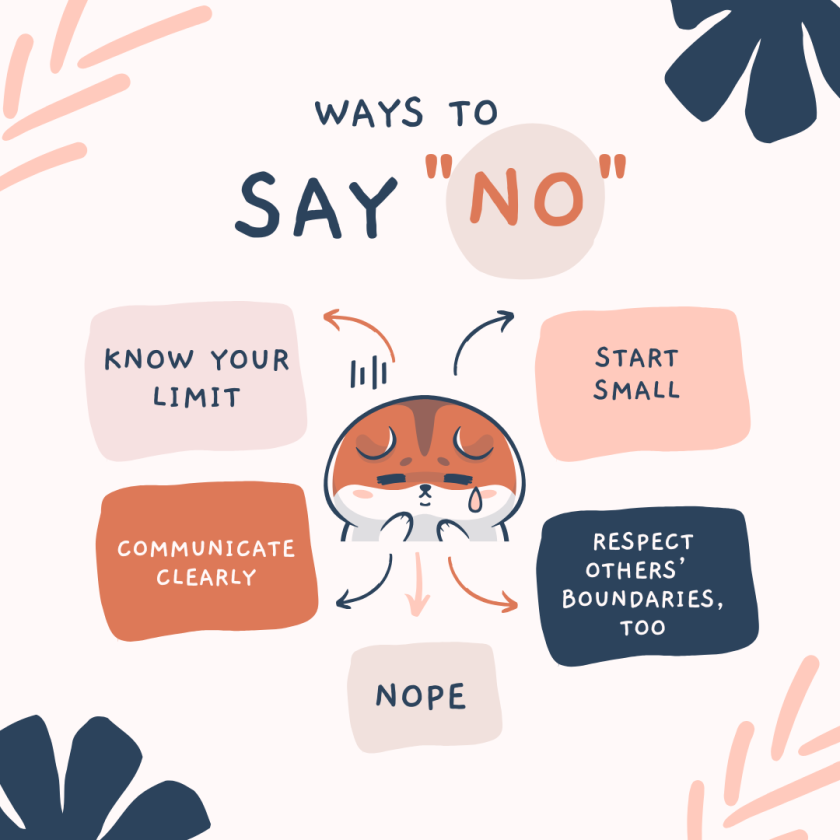Many people struggle with saying no — out of guilt, fear, or the desire to please. But constantly saying yes can lead to stress, resentment, and emotional fatigue . Boundaries aren’t barriers; they’re bridges to healthier relationships and stronger mental wellness.
1. What Are Emotional Boundaries?
Emotional boundaries define where your feelings end and another person’s begin. They protect your sense of self and ensure you’re not overextending emotionally or mentally. Without them, burnout, anxiety , and resentment often follow.
2. Signs You May Need Stronger Boundaries
- You feel drained after interacting with certain people
- You agree to things you don’t want to do
- You struggle with guilt when prioritizing yourself
- You fear disappointing others
3. Building Healthy Boundaries
- Know your limits. Notice what triggers your stress or discomfort.
- Communicate clearly. Use “I” statements like “I need time to recharge” instead of apologizing.
- Start small. Practice boundary-setting in low-stakes situations before tackling bigger ones.
- Respect others’ boundaries, too. Mutual respect strengthens trust and balance.
4. Emotional Freedom Through Boundaries
Setting boundaries isn’t selfish — it’s self-respect. When you say “no” to what drains you, you’re saying “yes” to peace, rest, and authenticity.
Conclusion
Healthy boundaries empower you to show up fully — not because you’re running on empty, but because you’re protecting your emotional energy. This November, honor yourself by remembering that no is a complete sentence.
